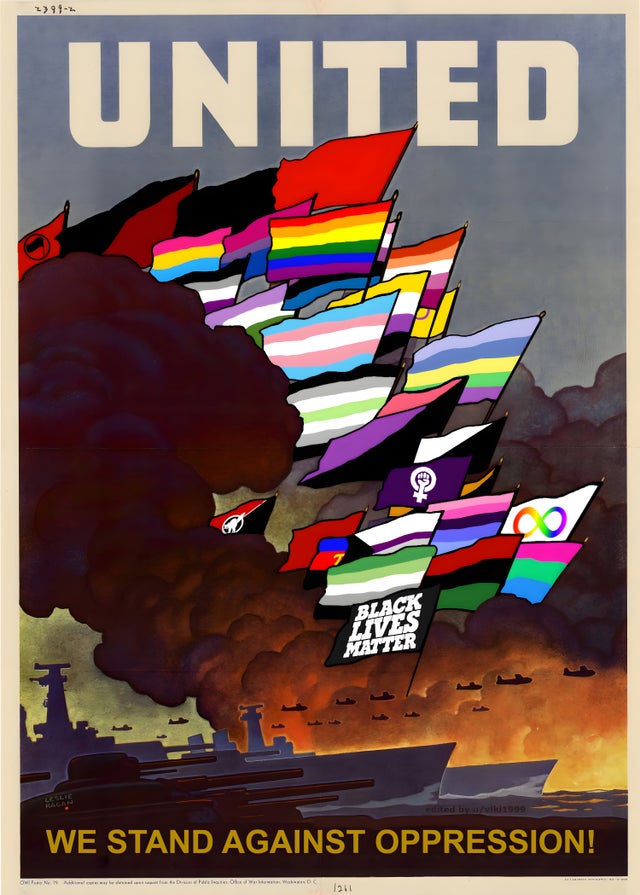The kingdoms and duchies are westphalian in nature. Borders are extremely firm, there are no marchers between states, there are little to no disputes about what land belongs to who. The subdivisions of barons and manors are treated like modern bureaucratic divisions instead of the statelets they are historically.
Both the nobility and peasantry are nationalistic, the former limits their affairs entirely within their border and never ventures ventures into foreign courts; those who do are seen as treacherous; while the latter hold their loyalty to the abstract concept of their state and are surprisingly well educated in the civics of their country. Their military are professional, with the levy treated like modern conscripts while the warrior class are sword-wielding special forces. The church are also surprisingly secular, they gain their power through abstract social influence over the faithful instead of through their ownership of their own estates and domains.
The economy is capitalistic. Land ownership is treated with modern sensibility where owning a mere piece of paper (or parchment) grants one an inalienable and exclusive right over that land, unlike how it historically was where ownership is often a heavily disputed issue and a source of endless feuds. Likewise, there are no such thing as "the commons" in fantasy and fiction land, all lands are already surveyed, enclosed, and subdivided by offscreen surveyors that must've been either magical or superhuman to accomplish such feat without modern technology.
The merchants are medieval capitalists who often owned means of productions with weavers and millers employed for fraction of their surplus values. Independent ventures like the blacksmiths and shops are treated small business who simply are yet to hit their big break, and will turn into big capitalists with chains of smithies and shops if possible.
TL:DR: it is easier to imagine magical dragons than to imagine a world without capitalism.

I get the feeling OP is complaining about ASOIAF. Kingdoms hold the same borders with the same ruling families for 1000s of years. Everyone speaks the same language but each kingdom is nationalistic. Everyone except for a handful of characters are atheist, there's no development of what peasant life actually looks like.
It's been a long time but I thought the kingdoms in game of thrones were a single empire only a single generation prior to the books starting? And the entire continent had just been taken, via genocide, from the indigenous people a few hundred years prior to that.
Unfortunately I know far too much ASOIAF lore that will be permanently burned into my brain.
Aegon's Conquest happened 300 years before the events of the books, with the last Targaryen dragons dying some 150 years before the books. The Andal Invasion (which was where the Faith of the Seven Came from) is in-universe a debated fact, but the lowest estimate is minimum a thousand years before the books.
The coming of the First Men, who genocided the Children of the Forest (a non-human race) is another in-universe unknown, but could be like 10,000 years. I think the Night's Watch and the Wall are about 8,000 years old.